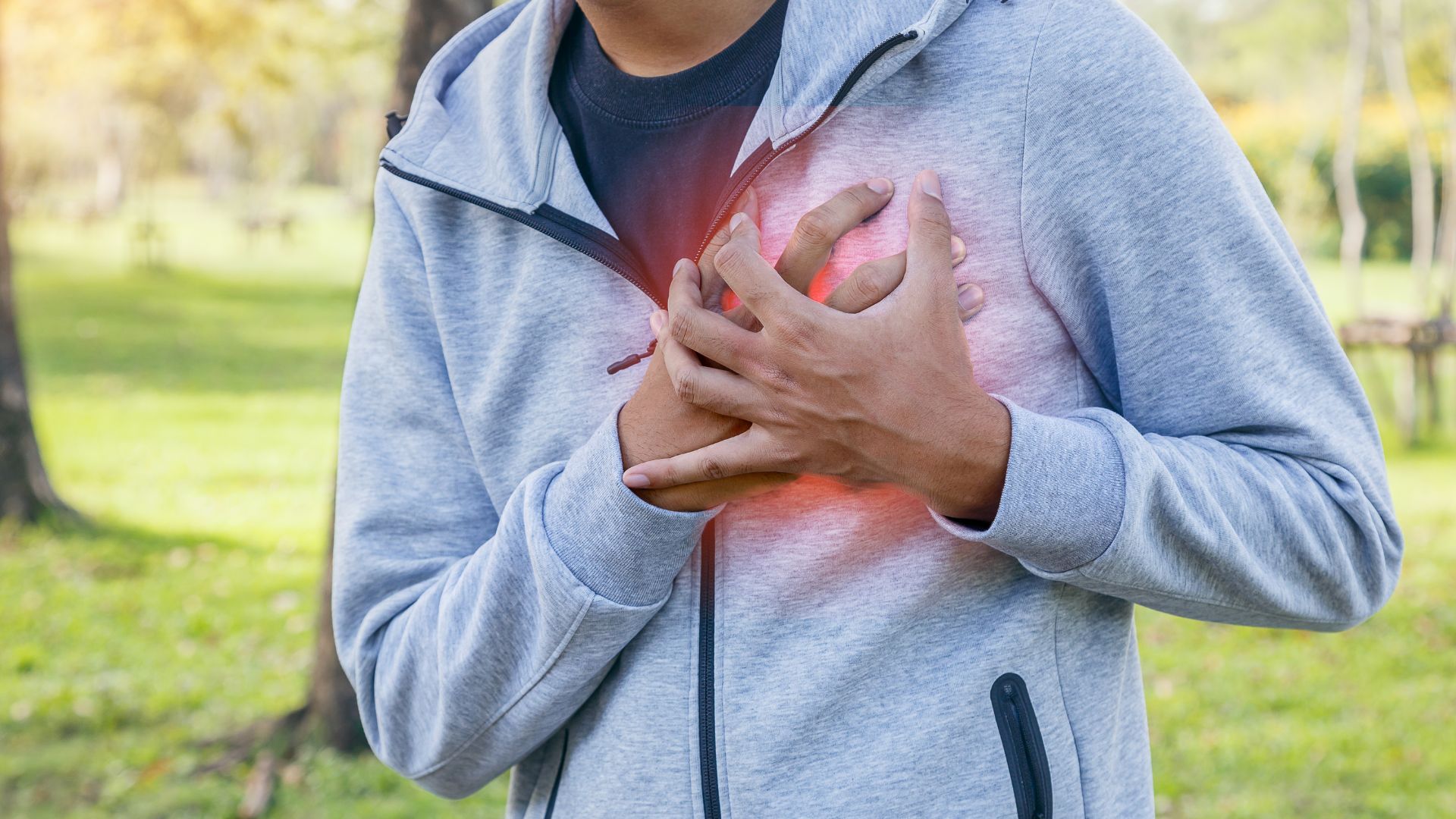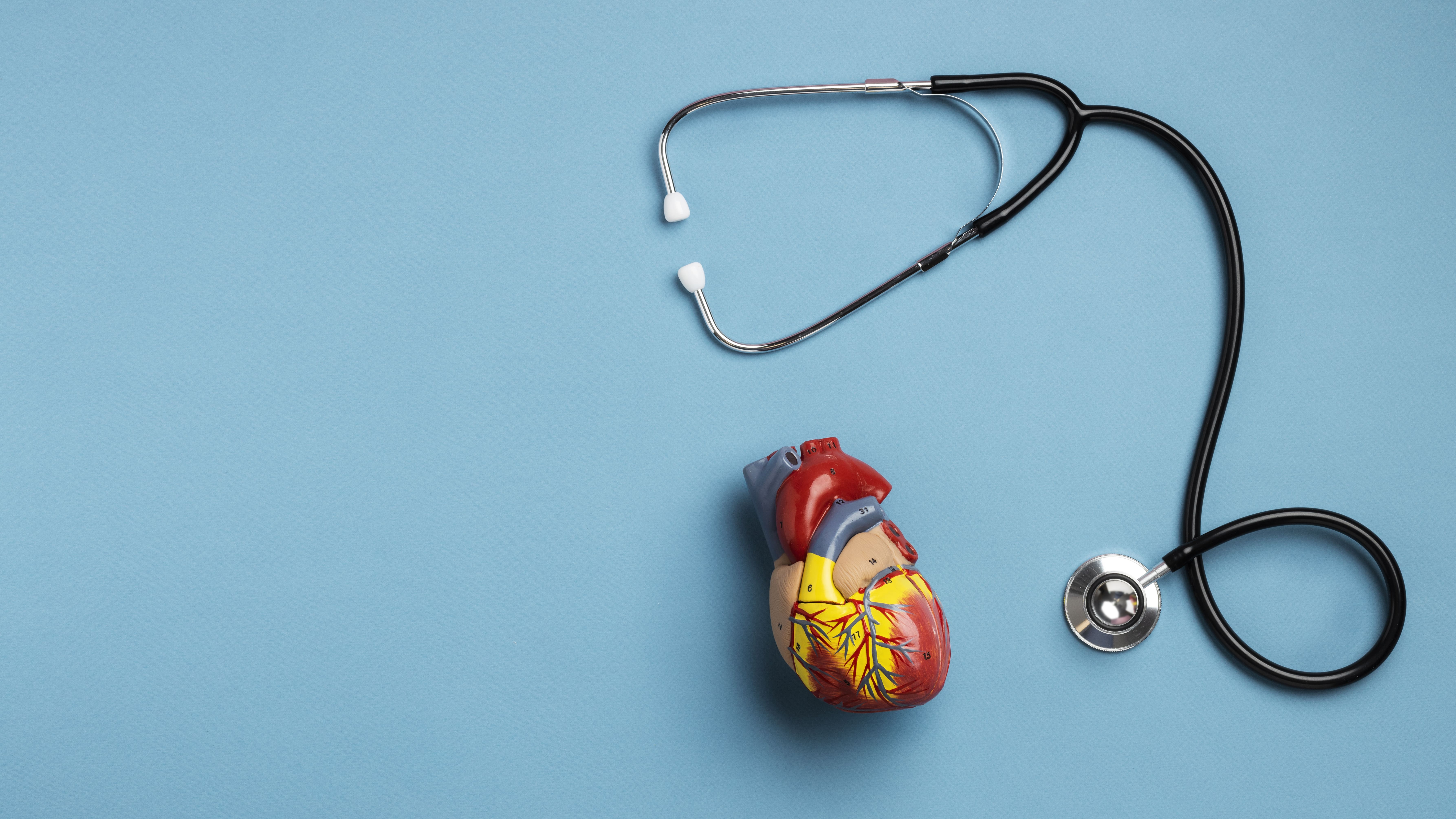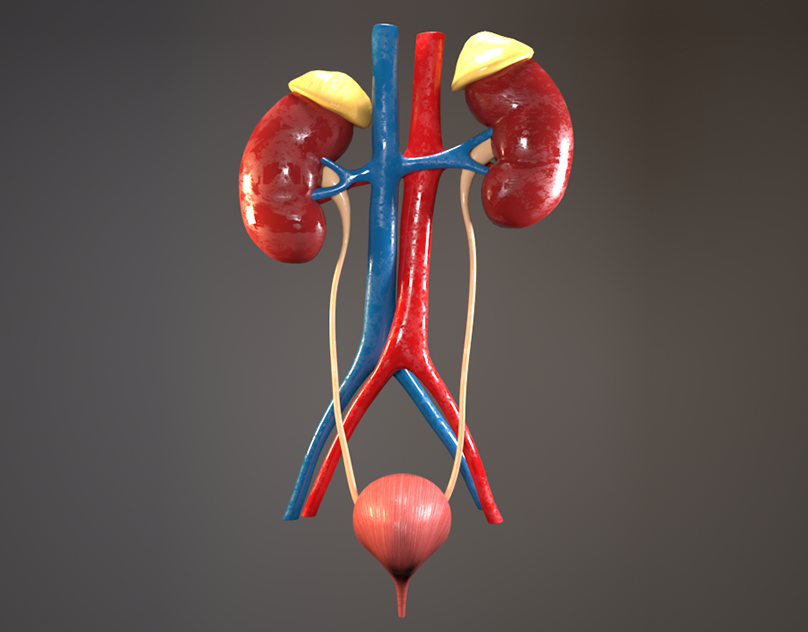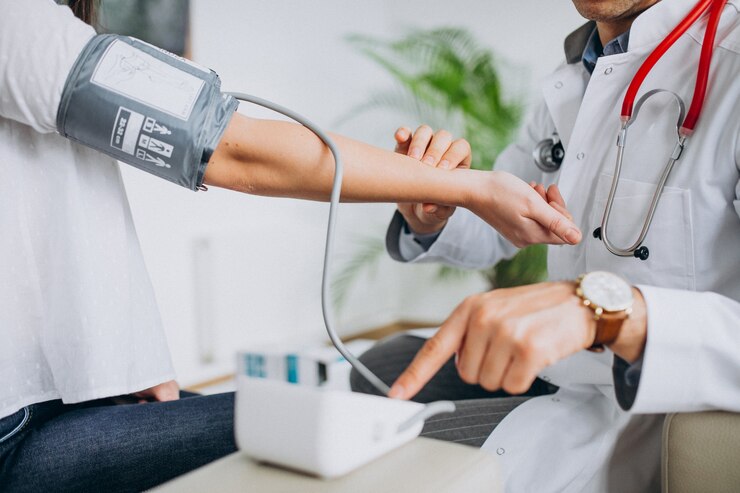
Understanding Anxiety Attacks: The Triggers and How to Manage Them
February 27, 2023
Feeling the jitters about that pitch you have to make to a global sales client? You know, the one you’ve spent the last several weeks agonising over, trying to make perfect? There’s likely a lot riding on something like this, so it’s perfectly normal to experience anxiety; everyday stressors will have that kind of impact. In fact, this normal reaction to stress is beneficial in some situations, for example alerting us to danger so we can avert it. Anxiety disorders, however, are different from these normal feelings of nervousness or anxiousness when we are dealing with stress.
A very common mental health condition, an estimated 264 million persons around the world suffer from anxiety disorder. For these individuals, normal everyday stress and worries are exacerbated, and have a serious impact on their life. But what causes the disorder? How do you know if you’re simply going through a rough patch, or if something serious is happening that requires external support?
Causes of Anxiety Disorder
Let’s consider some of the factors that can lead to anxiety disorder.
Genetics
Genetics can play a significant role in the development of anxiety. Anxiety disorders tend to run in families, indicating that there may be a genetic component involved. Studies have shown that certain genetic mutations may be linked to anxiety, which could be passed down from parent to child.
Biology
Specific areas of the brain, such as the amygdala and hippocampus, can be affected by anxiety. The amygdala is responsible for fear and emotion, while the hippocampus is responsible for memory. Studies have shown that people with anxiety have an overactive amygdala, which leads to an increased fear response and heightened emotion.
Environmental Influences
Stressful life events, such as moving to a new home, changing jobs, planning a wedding, or going through a divorce, can all result in anxiety. Other environmental influences, such as a lack of support from family or friends, or being exposed to violence or abuse, may be contributors.
Medical Conditions
Certain medical conditions, like thyroid problems, heart disease, or diabetes can also lead to anxiety. These conditions can cause physical symptoms including a racing heart, shortness of breath, and sweating, which can trigger feelings of anxiety.
Substance Abuse
Substance abuse, including the use of drugs or alcohol, can also be a cause of anxiety. The effects of these substances can bring on feelings of worry, fear, and panic. Additionally, withdrawal from these substances can also lead to anxiety as the body adjusts to being without them.
Symptoms
Now that the causes have been identified, let’s consider the symptoms. Some common anxiety signs and symptoms include:
- Feeling nervous, restless or tense
- Having a sense of impending danger, panic or doom
- Having an increased heart rate
- Breathing rapidly (hyperventilation)
- Sweating
- Trembling
- Feeling weak or tired
- Trouble concentrating or thinking about anything other than the present
- Having trouble sleeping
- Experiencing gastrointestinal (GI) problems
- Having difficulty controlling worry
- Having the urge to avoid things that trigger anxiety
MUST READ: Prioritising Men’s Health
Types of Anxiety Disorders
Anxiety may be manifested in four major ways, which are outlined below:
Phobias: These refer to anxiety caused by an animal/insect, object, or situation.

Social Anxiety Disorder: As suggested by its name, this type of anxiety occurs when persons are placed in certain social situations or when they have a public spotlight on them, as in the case of public speaking.
Generalised Anxiety Disorder (GAD): This is characterised by a pattern of excessive worry, usually about different issues and for an extended period of time. GAD may also have physical symptoms, including dizziness, heart pounding and muscle tension.
Panic Disorder: Panic attacks happen without warning, causing intense episodes of terror, heightened by breathlessness and heart palpitations. “You could be going about your day, doing something mundane, and suddenly you feel a sense of impending doom or death. Some persons say they feel like they’re having a heart attack, only, that’s not the case,” shares Dr Diwakar Sharma, consultant psychiatrist at Health City.
ALSO READ: Hypertension In Young People
So how does one cope? Dr Sharma suggests the following.
Tips for Coping with Anxiety
-
Know Your Triggers
Understanding what causes you to become anxious can go a far way towards taking back control. If necessary, speak with friends, family members, and a mental health professional to get insight as you work on uncovering the underlying causes of your anxiety. Keep a journal to track stressful events, the way you respond, and what makes you feel better.
-
Seek Professional Help
A mental health professional is equipped to help you identify and amend negative or disempowering thought patterns that may be contributing to anxiety. Your counsellor will not just help to identify the root cause of your anxiety, but will design the appropriate strategies to help you reduce it.
-
Remove Yourself From Stressful Situations
In some cases, there are environmental or social factors which trigger feelings of anxiety. Public engagements are a popular cause of intense worry that one may be judged negatively, they’ll embarrass themselves or others will notice that their nerves are written all over their faces. This is the case with public speaking. If possible, avoid going into such situations alone or without adequate preparation. Don’t hide from the world though. Work with your therapist on coping strategies, and ask for support from friends when you venture into such situations.
-
Eat a Healthy Diet
A healthy diet including fresh fruits, vegetables, fruits, whole grains and fish may be linked to reduced anxiety, as suggested by some research. While the data here is limited, eating a healthy diet means is good for your overall physical and mental health.
-
Avoid Stimulants
Nicotine and caffeine are known to worsen anxiety so avoid them as much as possible as you work on healing. “While it may be tempting to drink a glass of wine to help settle yourself, the truth is that alcohol only provides temporary relief,” Dr Sharma cautions. “It does nothing to resolve the underlying stressors and could further complicate things by putting you at risk for alcohol dependency.”
-
Prioritise Self-care
Taking time for yourself is essential when it comes to managing anxiety. This can include activities such as yoga, listening to music, going for a walk, or reading a book. Getting enough sleep is also critical to ensuring you’re doing the things that help to relax your body and mind, enabling optimal function.
-
Exercise Regularly
Exercise is a great way to reduce stress and anxiety. Not only does it help to reduce physical tension, but it also releases endorphins which can boost your mood and help to reduce anxiety.
So what’s the bottom line? Managing anxiety can be difficult, but with the right strategies and support it is possible to reduce its impacts and lead a more peaceful and productive life.
Proper management of your mental health may require that you make changes to your lifestyle. However, help is readily available, so don’t go at it alone. Need extra support from our expert mental health team? Contact us here . We’re ready to help.













